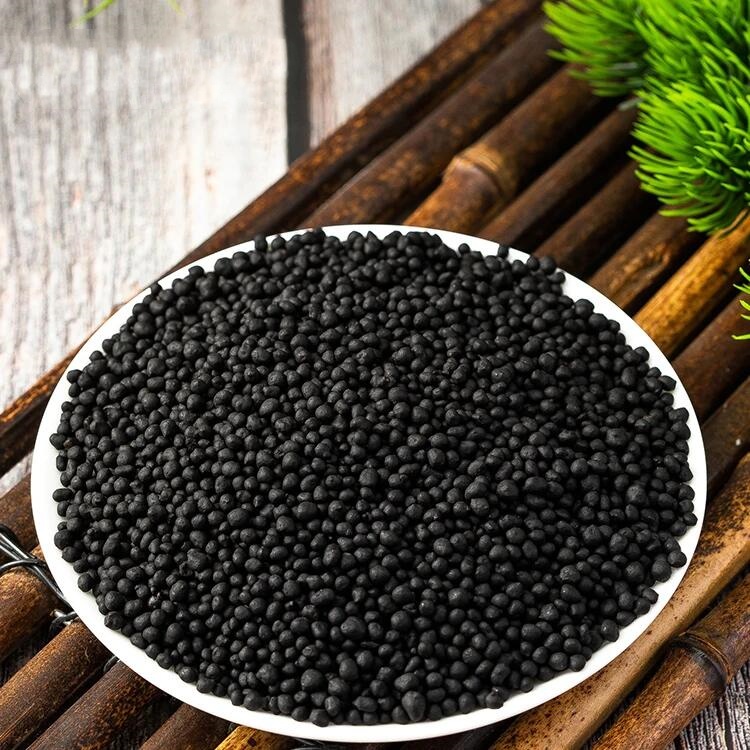Humic acid is a natural organic substance that is rich in organic matter. It can improve soil structure, increase soil fertility, and enhance plant resistance. It is suitable for application in various types of soil, and is particularly effective in the following situations:
Sandy soil: Sandy soil usually has poor water and nutrient retention capacity. Humic acid can increase the organic matter content of the soil, improve the soil’s water and nutrient retention capacity, and improve soil fertility.
Acidic soil: Humic acid has a certain effect in alleviating soil acidification. It can neutralize part of the acidity, improve soil pH, and promote the healthy growth of plant roots.
Clay: Humic acid helps loosen the soil structure, increase soil permeability and drainage, reduce the compaction of clay soil, and make it easier for roots to extend.
Poor soil: Humic acid can enhance the availability of nutrients in the soil, especially the absorption of trace elements and water-soluble organic fertilizers, and is suitable for the improvement of poor soil.
Soil with low organic matter content: If the organic matter content in the soil is low, the use of humic acid can effectively supplement the organic matter and improve the fertility and activity of the soil.
In general, humic acid is suitable for improving soil structure, enhancing soil fertility and improving soil microbial environment, especially in arid, poor, acidic, sandy or clay soils.



